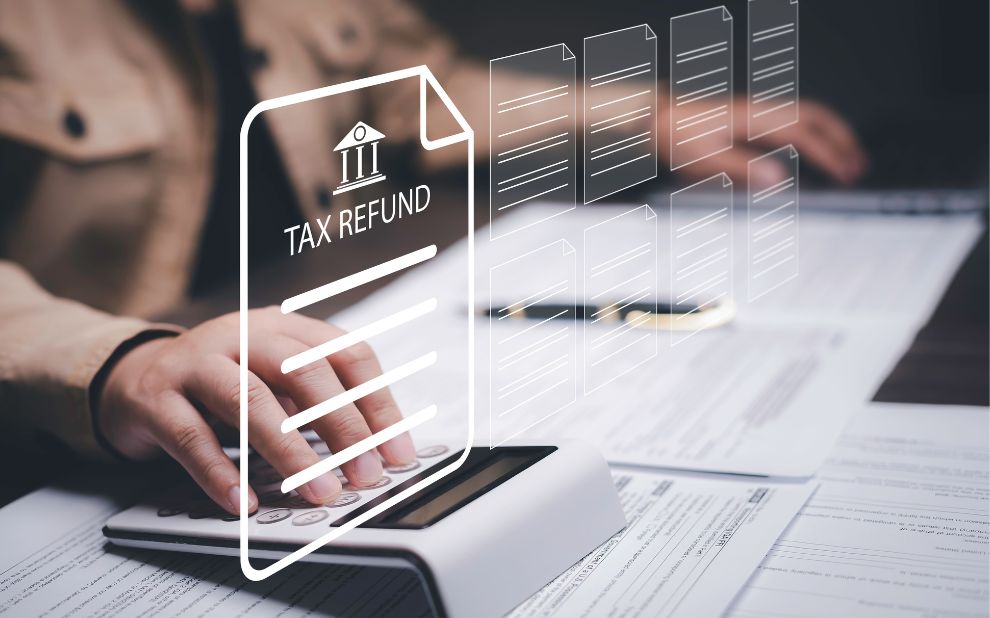Researchers’ proposals for tax reform reach legislative committee
Document produced by Nucleus for Tax Law, part of the Professional Master’s Program at the FGV Sao Paulo Law School, brings together contributions formulated by students on the program who are doing research into contemporary tax litigation issues.

Researchers at the Nucleus for Tax Law, part of the Professional Master’s Program at Fundação Getulio Vargas’ Sao Paulo Law School, have submitted a set of suggestions to a congressional committee that is examining proposed bills amid Brazil’s ongoing tax reform process.
This subject was studied and analyzed by a group of students who are doing research into contemporary tax litigation issues as part of the Professional Master’s Program at the FGV Sao Paulo Law School. The group’s proposals were sent to the committee of legal experts convened by the Senate and Federal Supreme Court through Joint Ordinance 1 of 2022, which invited stakeholders to submit suggestions to the committee on this matter.
The report was written by Juliana Furtado Costa Araújo, Paulo Cesar Conrado, Fernanda Donnabella Camano and Carlos Eduardo Makoul Gasperin, who are coordinators of the Tax Reform Project on the FGV Sao Paulo Law School’s Professional Master’s Program.
Among other things, the researchers recommended the following measures to improve the ongoing tax reform process:
- The unification of bills stipulating general rules on dispute prevention, consensus building and administrative proceedings in tax matters and one that establishes general rules on taxpayers’ rights, guarantees and duties;
- The need for a clearer and more objective definition of criteria in the complementary rules, as well as a more precise delimitation of the competence of ordinary legislators;
- A rule in Bill 125 of 2022 on intervening prescription in tax proceedings, along the lines of what is provided for in Article 68-J, section 1 of Bill 2,481 of 2022, which deals with administrative disciplinary proceedings.
- Improvements to the wording of Article 25-A, section 1 of Bill 2,481 of 2022, which deals with procedural legal agreements in the administrative sphere, such as limits in agreements on procedural burdens, powers, options and duties; a clear definition of the body responsible for signing procedural agreements and the possibility of delegating this power; and the inclusion of a similar provision in Bill 2,484 of 2022 and Bill 124 of 2022, so that there is no doubt about its application in tax proceedings.
- An alteration to Article 12 of Bill 2,488 of 2022 to allow the early offer of a guarantee, including for debts that have not yet been registered, while adding parties to the list of delinquent debt owed to the federal government in the final and not the initial stage of this procedure, recognizing that creditsmay be guaranteed by taxpayers from the moment payments become due.
- Improvements to the wording of Article 6, section 3 of Bill 2,488 of 2022, to better define which self-settlement instruments should be used prior to tax enforcement, under penalty of dismissal of the initial petition.
According to the researchers, it is not clear whether these methods may be independent of the state-judge, such as administrative collection, challenges and registering the debtor’s name on credit blacklists, or whether, in addition to these mechanisms, self-settlement methodologies should be sought, such as transactions, or whether the lack of one or both of these could cause a foreclosure petition to be dismissed.
The document suggests making the wording on this point more objective, so that it delimits, albeit in a general way, the measures that tax administrations must take before filing a tax execution order, and making sure that the requirements are feasible, especially taking into account the collection structures available in states and municipalities.
Another suggestion is to recognize challenges and the Information System for Unpaid Credits in the Federal Public Sector (CADIN) as extrajudicial collection mechanisms that take priority over tax enforcement. The researchers propose creating a specific administrative procedural rite for determining tax liability, contemporaneously with the facts and the tax authority’s knowledge of the hypothesis of liability, reinforcing the guarantees of due process of law and a broad defense for those involved.
To access the Nucleus for Tax Law’s website and find out more this and other research papers, click here.
Leia também
